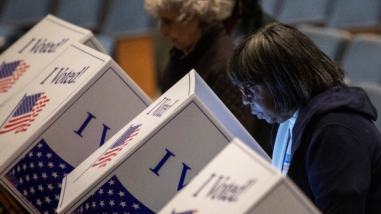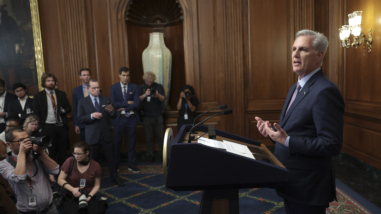Massachusetts Institute of Technology
For Research And Recommendations On Election Administration Practices
-
Amount$27,697
-
Program
-
Date Awarded11/12/2013
-
Term12.0 Months
-
Type of SupportProject
Overview
Unlike in many western democracies, in the United States the mechanisms through which elections are run (collectively referred to as election administration) are generally managed at the state and local rather than the national level - by 50 state laws across 4,600 jurisdictions and overseen by 13,000 administrators. This variation in oversight and practice, alongside technological and other challenges, contribute to a myriad of problems that impact citizens' ability to vote and to have their vote counted. These problems include the long lines referenced in President Obama's 2012 election night victory speech, which served as the impetus for the creation of the Federal Election Assistance Commission (EAC) in 2013. The EAC has a broad mandate to explore possibilities ranging from improving poll worker recruitment and training to the management of voter rolls, but only a six month window in which to assess the problem and devise recommendations. This relatively narrow window and the political prominence of the effort creates both a challenge and an opportunity to advance research and identify promising reforms that otherwise would take years to develop. This grant would support America's top political scientists in election administration to assemble the best research available and to communicate that research to both the EAC and the public in the development of the EAC's finding and recommendations.
About the Grantee
Grantee Website
www.mit.edu
Address
77 Massachusetts Avenue 26-237, Cambridge, MA, 02139-4307, United States
Grants to this Grantee
for CEEPR’s Industrial Strategy Economic Monitor
A team at MIT, in collaboration with researchers at Stanford and Employ America, is developing the Industrial Strategy Economic Monitor to assess progress implementing U.S. industrial strategy. The monitor will feature a data tool enabling users to easily visualize and download data — including on employment, input costs, investment, output, and trade — and a dashboard summarizing data by industry and production stage. It will facilitate close-to-real-time assessment of tailwinds and headwinds for targeted industries and the broader macroeconomy, spur debate and research on the best way to evaluate industrial strategies, and promote high-quality, nonpartisan analysis of the industrial strategy experiment.
for support of the AI + Open Education Initiative
MIT Open Learning transforms education at MIT and around the globe through innovative digital technologies. With this grant, MIT Open Learning will solicit rapid response papers and multimedia projects from stakeholders in the United States and internationally to articulate how generative AI might accelerate (or hinder) the promise of open education to offer engaging learning experiences. This work will draw upon MIT’s connections with trailblazers who are shaping AI and open education, and it will inform approaches for developing effective teaching practices and bolstering an inclusive open education field responsive to diverse stakeholders. (Substrategy: Field Building)
for support of the Election Data and Science Lab
The MIT Election Data and Science Lab advances and disseminates scientific knowledge about the conduct of elections, primarily in the United States but with attention to the rest of the world. By addressing the multiple audiences of academic researchers, the general public, and practitioners, it serves a unique role among individuals and institutions dedicated to improving the conduct of American elections, and it supports a growing network of election science research centers across the U.S.



